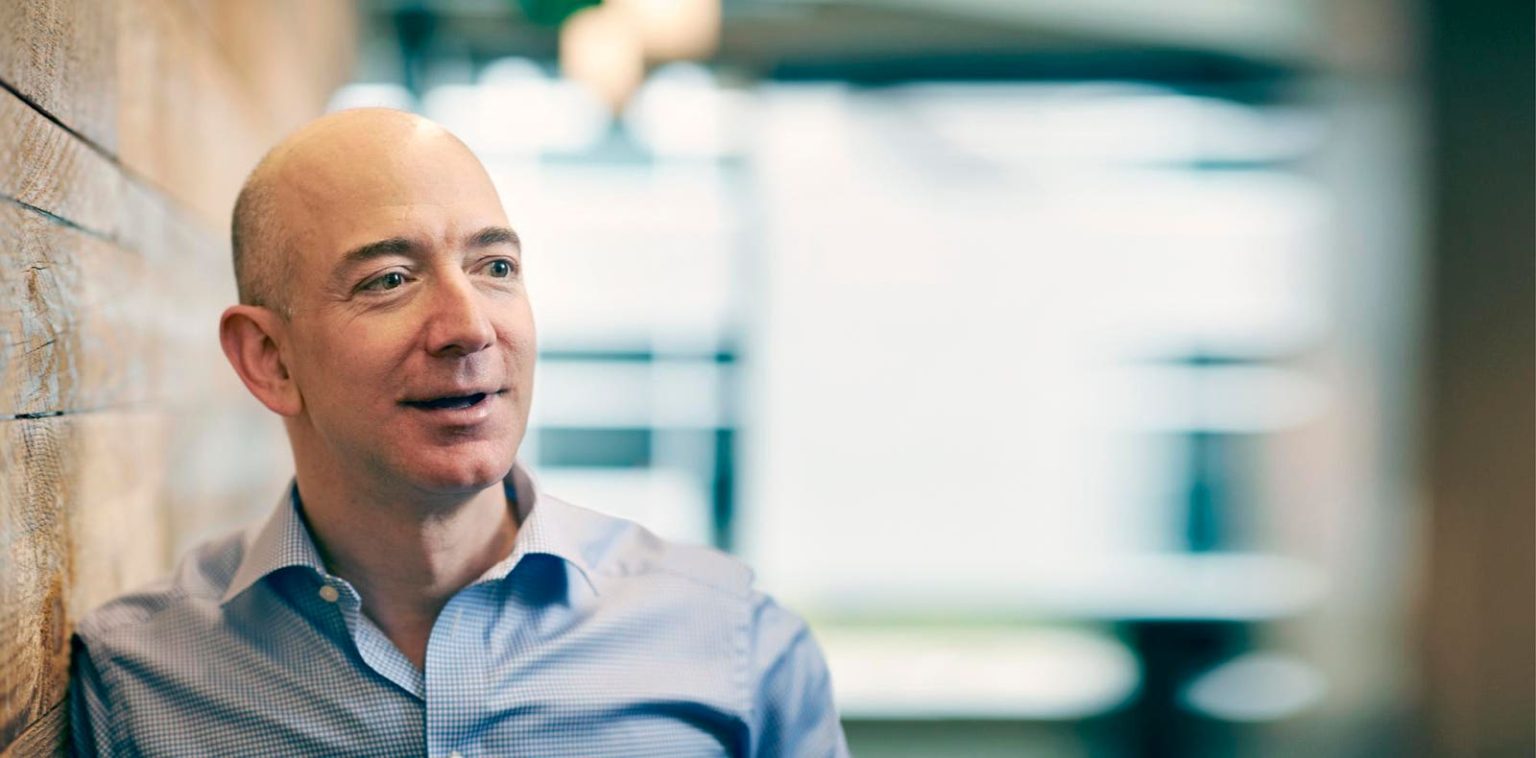Amazon founder Jeff Bezos and his partner Lauren Sánchez have announced a significant investment of $110.5 million in new grants aimed at addressing the growing issue of family homelessness through the Day 1 Families Fund. This initiative, which marks its seventh annual round of awards, will benefit 40 nonprofit organizations across 23 states. Grants range from $425,000 to $5 million, with notable contributions of $2.5 million each going to Welcome House in Kentucky, Jenesse Center in Los Angeles, and Family Gateway in Dallas, which is a repeat recipient of previous funding. Since the launch of the Day 1 Families Fund, Bezos has committed a total of $749 million from a $2 billion pledge made in 2018, contributing to a total disbursement of around $3.5 billion, closely mirroring his recent sale of Amazon shares.
In his statement, Bezos emphasized the urgent need to combat homelessness, asserting that “no child should sleep outside” and highlighting the dedication of the organizations involved. Sánchez reinforced the need for such support, noting the alarming rise in homelessness in the United States. According to the National Alliance to End Homelessness, over one million individuals found themselves homeless for the first time in 2023, marking a 12% increase from the previous year and the most significant rise since records began in 2007. Families are notably affected, comprising nearly a third of the total homeless population, driven largely by escalating housing costs and the withdrawal of pandemic-era safety nets.
The Day 1 Families Fund primarily allocates resources to organizations that offer emergency and temporary shelter for families, aiming to assist them in transitioning to supportive and permanent housing. Ellen Magnis, CEO of Family Gateway, expressed the importance of these grants in providing short-term housing solutions for individuals, particularly single mothers, who often lack sick leave and access to emergency shelters. The assistance allows families to secure stable housing by covering upfront expenses such as security deposits and initial rent payments.
Several nonprofits benefiting from this funding are implementing creative solutions to combat homelessness. Michael Goze, CEO of the American Indian Community Development Corporation, noted that their previous grant of $5 million had helped them expand their operations to purchase affordable apartments for unhoused Native individuals. This organization pairs residents with case managers who aid in financial planning over a five-year period, aiming to foster self-sufficiency and facilitate moves to permanent housing.
Despite the optimism around these philanthropic efforts, experts caution that mere financial aid does not address the underlying systemic issues contributing to homelessness. Omar Ocampo, a researcher at the Institute for Policy Studies, argues for a more foundational approach that includes raising wages and ensuring tenant protections to counteract displacement. The current housing affordability crisis is partly attributed to wealthy individuals investing heavily in real estate, driving rental prices beyond the reach of many families. Ocampo also advocates for alternative housing models, such as community land trusts, which provide affordable housing without the profit motive that drives market fluctuations.
As the political landscape shifts, particularly with the potential for a second Trump administration, there may be weakened regulations surrounding housing and real estate that could further impact the affordability crisis. While wealthy individuals like Bezos and others are starting to donate to homelessness causes—compared to the broader philanthropic landscape—there remains a pressing need for more comprehensive action. With rising demand for affordable housing and family homelessness, the call for increased philanthropic efforts, combined with structural changes in legislation, could offer a pathway toward sustainable solutions for families in need.


